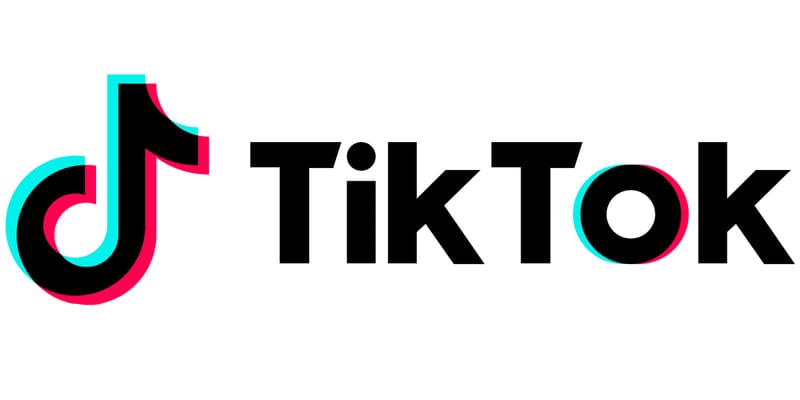Last week (on or around Dec. 15), the popular short-form video application TikTok released a limited test of a new live streaming service: TikTok Live Studio. TikTok Live Studio is reportedly intended to compete with streaming giant Twitch, among others.
Per reports, TikTok Live Studio was made available only to “a few thousand users.” Even so, it wasn’t long after the release that the open source community took notice of a potentially serious license compliance issue: Live Studio appears to be based on GPL v2-licensed OBS Studio — but is not currently GPL v2-compliant.
OBS Studio is an open source video recording and live streaming software application. Because it’s under the GPL v2, any distributed program based on OBS Studio is subject to GPL v2’s requirements, including source code disclosure.
In this blog, we’ll dive into the license compliance controversy surrounding TikTok Live Studio, including an assessment of whether it is subject to GPL v2, an overview of GPL v2 requirements, and steps TikTok could in theory take to comply with the license.
WATCH ON-DEMAND: Truth Social, AGPL, and OSS License Compliance
TikTok Live Studio and GPL v2
Of course, before discussing how TikTok Live Studio can comply with the GPL v2, it’s first necessary to determine whether Live Studio is, in fact, subject to the license.
As far as we can tell, the first flag of a potential GPL violation surfaced on Thursday, Dec. 16. It appears someone downloaded TikTok Live Studio, analyzed the contents of the files, and found it included OBS Studio.
Remember yesterday’s news about TikTok releasing a go live platform? Turns out it’s a fork of @OBSProject
— Naaackers (@Naaackers) December 16, 2021
Shoutout to @HunterAP23 for pointing this out
STOP STEALING FROM OBS JESUS pic.twitter.com/kx8ckK3MXS
Assuming the post is an accurate representation of Live Studio (we have not been able to independently corroborate these files, but we have no reason to doubt their veracity), it would seem clear Live Studio has been engineered with the GPL v2-licensed OBS Studio. Consequently, Live Studio would meet GPL v2’s criteria as “a work based on the program.”
But that alone doesn’t mean Live Studio falls under the GPL v2. That’s because the GPL is only triggered if the program is distributed. In other words, if TikTok had built Live Studio for the sole and exclusive purpose of internal use, GPL wouldn’t be a part of the equation. But, as mentioned earlier, TikTok Live Studio was made available outside the organization. That it still appears to be in test mode has no impact on the distribution trigger.
So, based on the fact that a) TikTok Live Studio qualifies as a derivative work of a GPL v2-licensed program and b) TikTok Live Studio is distributed, it does appear it is subject to GPL v2.
GPL v2: Key Provisions
The General Public License (GPL) Version 2.0 is a strong copyleft license that was initially released in 1991. Like many of its more permissive license counterparts, any distributed copy or modification of GPL v2-licensed code must include the full text of the license and the original copyright notice.
But as a strong copyleft license, the GPL also requires any person distributing a derivative work to:
- State any significant changes made to the original software
- Release any copies or modifications of the code under the same license
- Make available the original source code when distributing any binaries based on the licensed work
It’s also important to note “scripts used to control compilation and installation of the executable” — i.e. build and installation information — must be made available as part of the source code sharing requirement.
How TikTok Live Studio Can Comply with GPL v2
If we assume for the sake of discussion that Live Studio as currently built is in fact subject to the GPL v2, TikTok would have several paths forward.
One option would be to re-engineer Live Studio without OBS Studio. TikTok could search for an alternate open source component under a permissive license, it could build a replacement in-house, or it could pay to license a proprietary source substitute if one is available.
In theory, another option would be to see if OBS Studio is open to a dual-licensing arrangement. Dual licensing refers to the scenario where a copyright holder makes software available under an open source license (generally something copyleft) and a proprietary license. The licensee would generally have to pay to use the software under the proprietary license. The OpenStudio website does not mention a dual licensing option, but does list Twitch as one of its Premiere sponsors.
Finally, TikTok could continue to use OBS Studio without a dual-licensing arrangement and instead focus on complying with the GPL v2. As described in the previous section, this would require TikTok to make available source code for the entire Live Studio program — which could be a difficult pill to swallow for competitive reasons.
TikTok Live Studio and GPL v2: The Bottom Line
Since TikTok Live Studio was only distributed last week, it’s fair to expect additional developments. Certainly, a quick resolution is possible, as is a prolonged legal battle.
Regardless of the outcome, the situation is an important reminder that license compliance should be part of every organization’s software development workflows. The reputational and legal risks of non-compliance are legitimate and can be significant.
If your organization is looking for support with managing open source licensing obligations, FOSSA can help. Get in touch with our team for more information.


